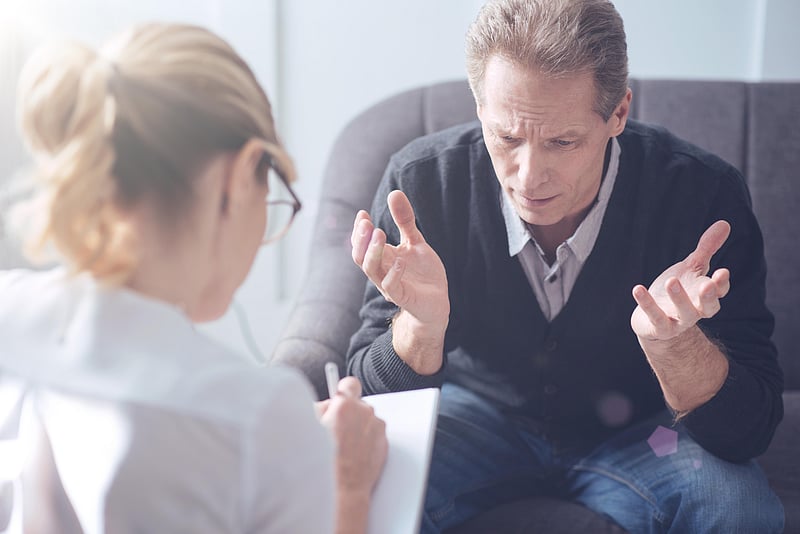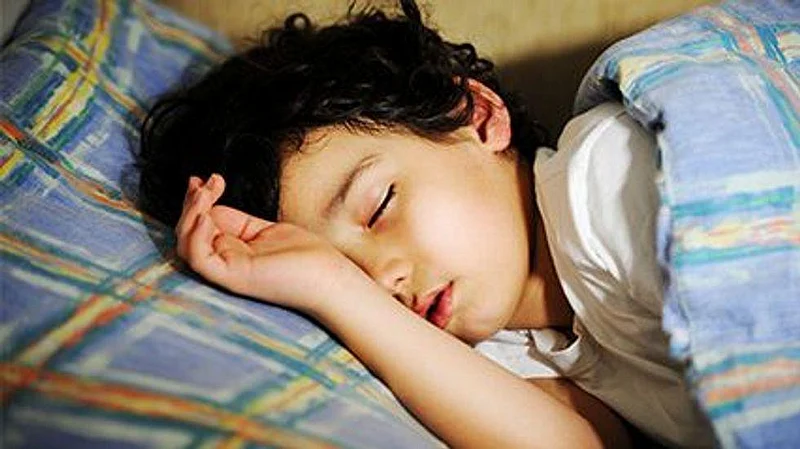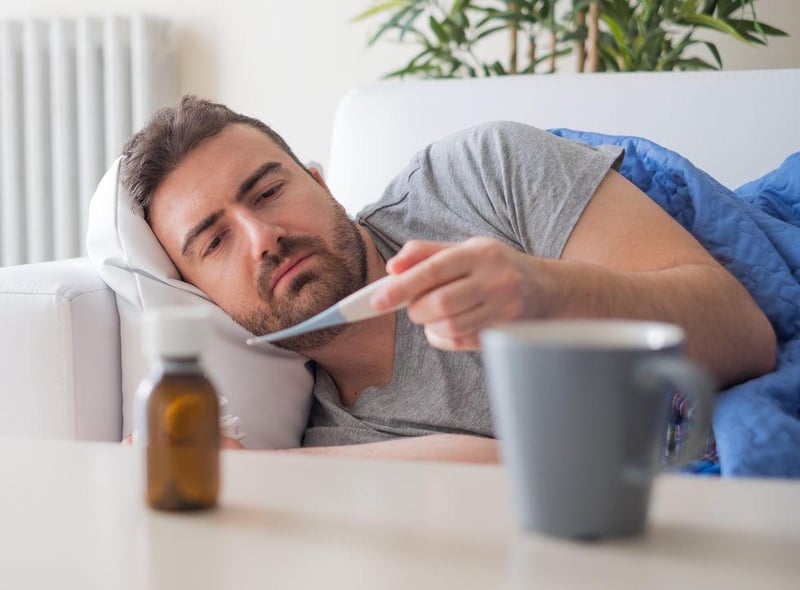Get Healthy!
Results for search "Fears / Phobias".
Health News Results - 11
Adults' phobias can be correlated with changes in the structure of their brains, a new study finds.
What's more, the neurological differences seen in adults with phobias are more extensive than those observed in people with other forms of anxiety.
Phobia is the most common anxiet...
- HealthDay Reporter
- Dennis Thompson
- |
- June 18, 2024
- |
- Full Page
Imagine easing a fear of heights by getting over a phobia of spiders.
That might sound odd, but it works, researchers report.
Folks who use exposure therapy to overcome one phobia can find themselves less afraid of other things, according to the results of a study published recently in the journal Translat...
- HealthDay Reporter
- Dennis Thompson
- |
- January 12, 2024
- |
- Full Page
A longstanding core belief of mental health maintains that people must confront their fears to ease the anxiety and depression stemming from those negative thoughts.
Now a new study argues that, for some people, suppressing negative thoughts and worries might be a more successful strategy.
Mental health actually improved for some study participants after they underwent training to h...
- HealthDay Reporter
- Dennis Thompson
- |
- September 21, 2023
- |
- Full Page
If you're planning to have oral surgery, be prepared, not scared, an expert suggests -- and stay off YouTube.
"I tell all of my patients, 'The more you know, the better it's going to be.' As health professionals, we're not trying to scare patients with information; it's just that when you're prepared for something, when you know what's going to happen, it reduces the anxiety level, and it...
- HealthDay Reporter
- Cara Murez
- |
- September 4, 2022
- |
- Full Page
If the sound of a dental drill sends shivers up your spine, you're likely in good company: Finnish researchers say that one of every two adults fear the dentist at least a little, while one in 10 are very afraid.
But the researchers added that a local dentistry program has found a novel way to turn screams into smiles, by exposing patients as young as 2 to a series of desensitizing exams ...
- HealthDay Reporter
- Alan Mozes
- |
- January 20, 2022
- |
- Full Page
Cancer patients are at risk for serious COVID-19 illness, but some are still afraid to get vaccinated against the virus, new research shows.
Study authors surveyed nearly 200 high-risk cancer patients at the Mays Cancer Center in San Antonio, Texas. Only 56% said they'd received at least one COVID-19 vaccine dose, compared to the community vaccination rate of 76%.
The three most com...
- HealthDay Reporter
- Robert Preidt
- |
- December 10, 2021
- |
- Full Page
First, the COVID-19 pandemic brought panic, with successive waves of infection and death, including the emergence this year of the Delta variant.
Then vaccines offered the promise of a recovery, with a speed -- and on a scale -- never before seen.
But now, the Omicron variant is sending Americans on another emotional roller-coaster ride that mental health experts say is the last th...
- HealthDay Reporter
- Alan Mozes
- |
- December 8, 2021
- |
- Full Page
Parents and children who were separated under the Trump administration's "zero tolerance" immigration policy have shown lasting psychological trauma -- even after being reunited, a new study finds.
Between 2017 and 2018, more than 5,000 children were separated from their parents at the U.S.-Mexico border under the policy, which aimed to deter asylum seekers.
The practice was denounc...
- HealthDay Reporter
- |
- November 18, 2021
- |
- Full Page
When it comes to a COVID-19 shot, fear might be a self-fulfilling prophecy.
A new study found that folks who worried about possible side effects after vaccination were more likely to actually experience those side effects.
Along with explaining why some people feel poorly after getting a jab, the findings may also help guide efforts to convince hesitant people to get vaccinated.
...- HealthDay Reporter
- Robert Preidt
- |
- November 8, 2021
- |
- Full Page
Parents frazzled by their little ones' finicky food choices often sigh in exasperation, thinking: "They'll grow out of it by college."
Maybe not, suggests a new study from Bowling Green State University in Ohio. Some young people continue their picky eating into early adulthood, often restricting their diets to 10 foods or even fewer.
Such a limited diet can mean they're not getting...
- HealthDay Reporter
- Cara Murez
- |
- October 7, 2021
- |
- Full Page

















